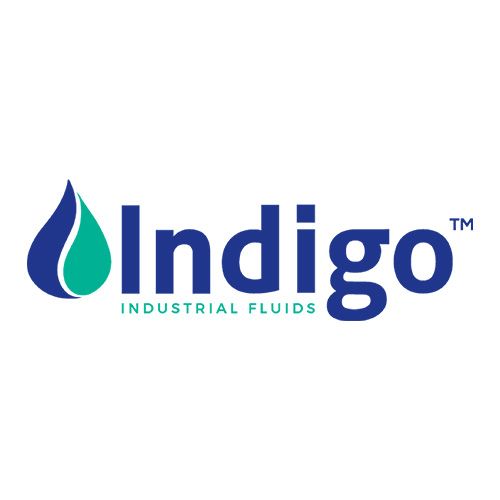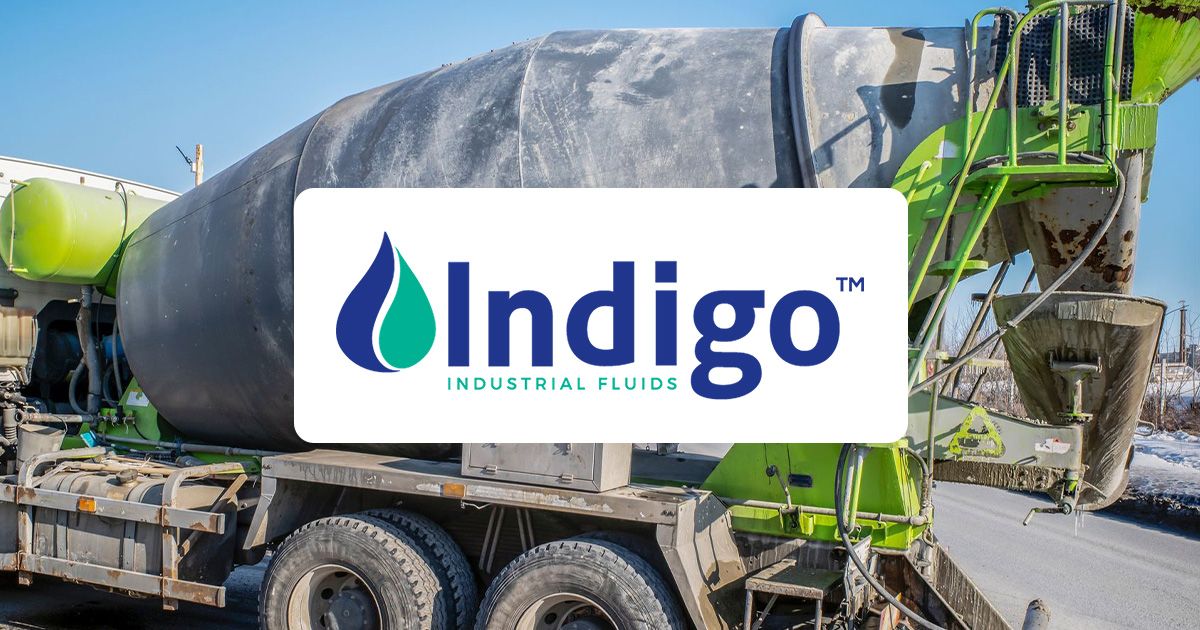How to Calculate Your True Cost of Concrete Buildup Removal (Beyond Price per Gallon)
When you’re managing a ready mix fleet or working inside a cement plant, cleaning concrete buildup is part of the job. It can feel routine, but when you start adding up time, product, and equipment wear, the real cost of that cleaning process can surprise you. Many businesses only look at the price per gallon of their cleaning chemical, but that number barely scratches the surface of what they are actually spending.
The good news is that understanding your true cleaning cost is easier than you might think. With a little perspective and the right tools, you can see exactly where your money is going and where you can make improvements.
The first thing to keep in mind is dilution. Every cleaning chemical has a recommended dilution rate. Some are stronger acids that require more water, while others are designed to work efficiently at lower concentrations. If you’re mixing too strong, you’re wasting product and potentially damaging surfaces. If you’re mixing too weak, you’re using more labor and water to get the same result. The balance between those two extremes determines how effective and cost efficient your cleaning process really is.
Labor is another factor that is often overlooked. If a product takes longer to rinse or requires repeated applications, that extra time adds up quickly. It means more hours spent washing trucks and less time keeping your fleet moving. Indigo Fluids’ cost calculator on their Concrete page is a simple way to see how labor and product work together to affect your total cost. You can adjust dilution, flow rate, and time to get a realistic view of what cleaning actually costs per square foot.
Then there’s water and rinse efficiency. Some acids require heavy rinsing to neutralize, which increases water use and disposal costs. Others, like glycolic based formulas, are built to rinse cleanly with less water while still breaking down cementitious buildup. That’s not just about saving on water, it’s about reducing downtime and keeping your crew on schedule.
You should also consider corrosion and long term wear. A cheaper product might seem like a good deal, but if it shortens the life of your spray equipment, trucks, or metal surfaces, the cost of replacement and maintenance can outweigh any short term savings. Products designed to be effective yet gentle on equipment help preserve your investment while still keeping your trucks and plant areas clean.
Disposal and environmental impact play a role too. Certain chemicals can create runoff or residue that requires neutralization before discharge. That can lead to extra steps, additional neutralizing agents, or even compliance concerns if not managed properly. Using a cleaner that is easier to neutralize or less corrosive helps control these costs.
If you add all these pieces together, the gallon price starts to look less important. Instead of asking which product is cheaper, it’s smarter to ask which one cleans faster, requires less water, reduces corrosion, and keeps you compliant. That’s the number that matters most when it comes to your bottom line.
When you start viewing cleaning as a system instead of a product, it becomes clear that every variable counts. The right chemistry can save labor hours, extend equipment life, and keep your operation more efficient. Indigo Fluids provides the data tools to calculate that total cost and choose the best product for your setup.
So the next time you evaluate cleaning chemicals, take a few minutes to plug your real numbers into the calculator. Look beyond price per gallon and think about how each step affects your true cost per job. You might find that a better performing cleaner not only saves money but also keeps your team safer and your fleet running smoother.
In the end, the goal isn’t just to clean concrete, it’s to do it smarter. The companies that take time to measure their total cost are the ones that keep their operations lean, their equipment in better shape, and their schedules on track. And that’s where real efficiency begins.
Recent Posts





